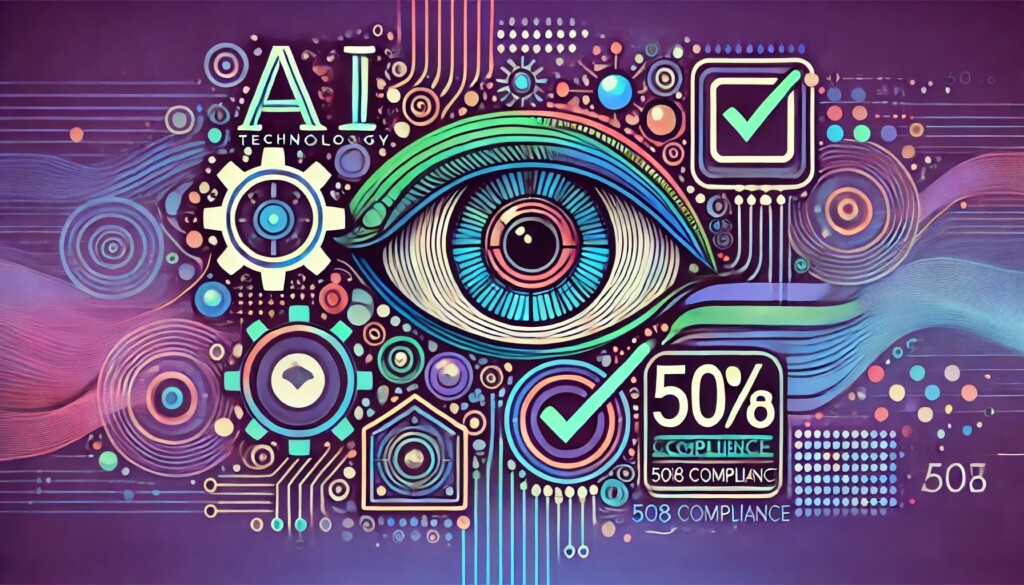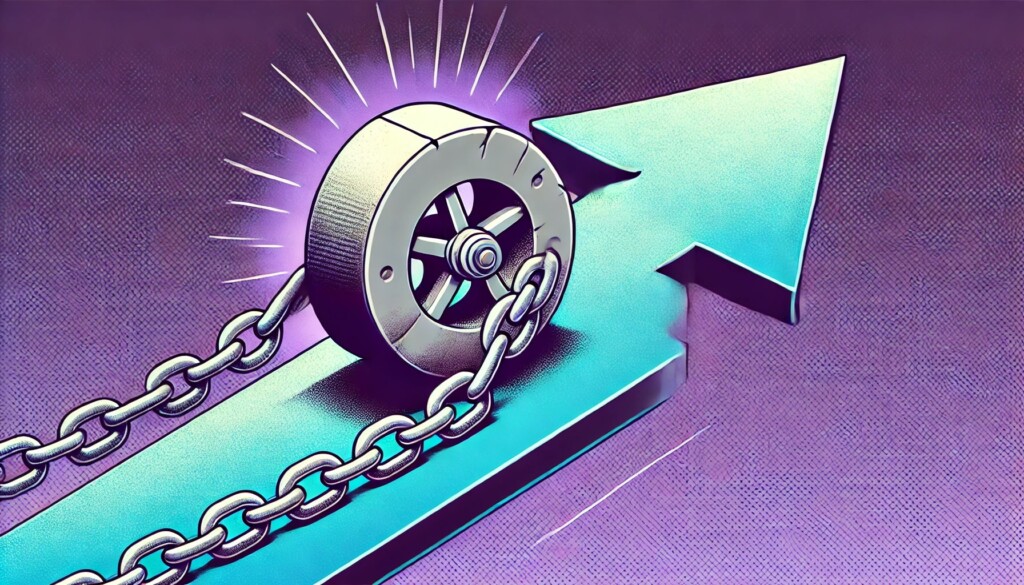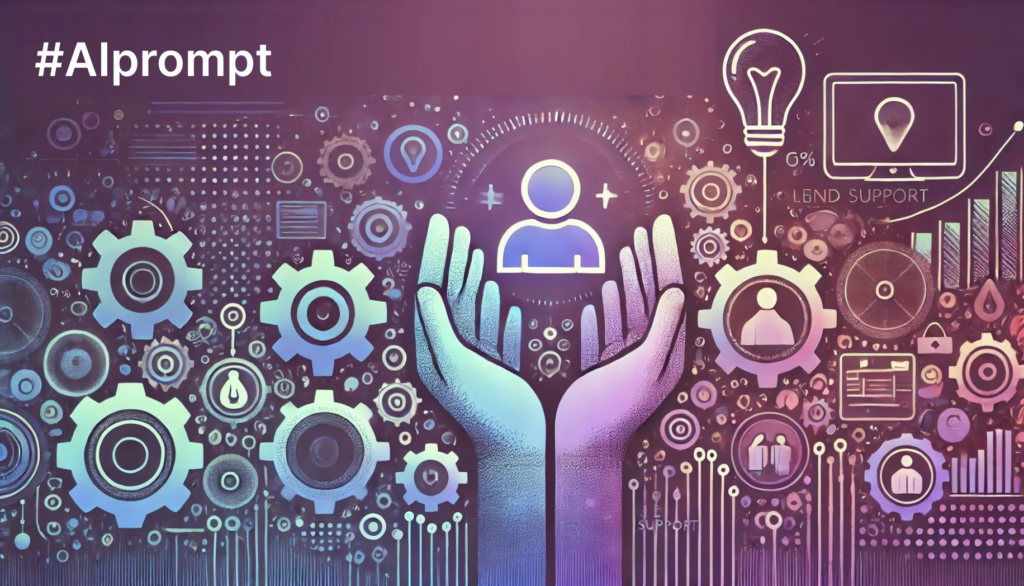
Should the Salesforce ecosystem fear ChatGPT?
Everybody seems to be talking about ChatGPT. Over a million people signed up in the first 5 days of launch, and there is no shortage of LinkedIn posts talking about its awesome power and the potential for the future. The company behind it is OpenAI, which has investment from Microsoft and there are rumors that it will take a 49% stake for a jaw-dropping $10 billion. They probably see that this is a way to leap from the hold that Google has on the search market. Google has had AI technology for several years but has been unwilling to launch it as it is concerned about the accuracy of the results which would impact its reputation. As impressive as the results that ChatGPT delivers, they do need to be tempered with some skepticism. It can be compared with a consultant; the “advice” that ChatGPT gives is eloquent and convincing, but not necessarily 100% accurate.
UPDATE:
This article was written in Dec 2022. This is a decade ago in AI terms. So this is an update (May 2023)
ChatGPT has huge potential but this overshadowed by self-prompting apps that use GPT. A recent webinar with a demo has shown what is possible. Below is the demo, which was part of a longer webinar. Head over to this blog to understand the future. “How GPT could change Salesforce careers”
Final Word
ChatGPT will not be replacing Salesforce professionals anytime soon. But it will make experts 10x more effective and productive because they can exploit GPT to deliver routine work in a fraction of the time. However, a skill that needs to be mastered is asking the right questions. Very much like being a Business Analyst.
Sign up for
our newsletter
Subscribe to our newsletter to stay up-to-date with cutting-edge industry insights and timely product updates.







